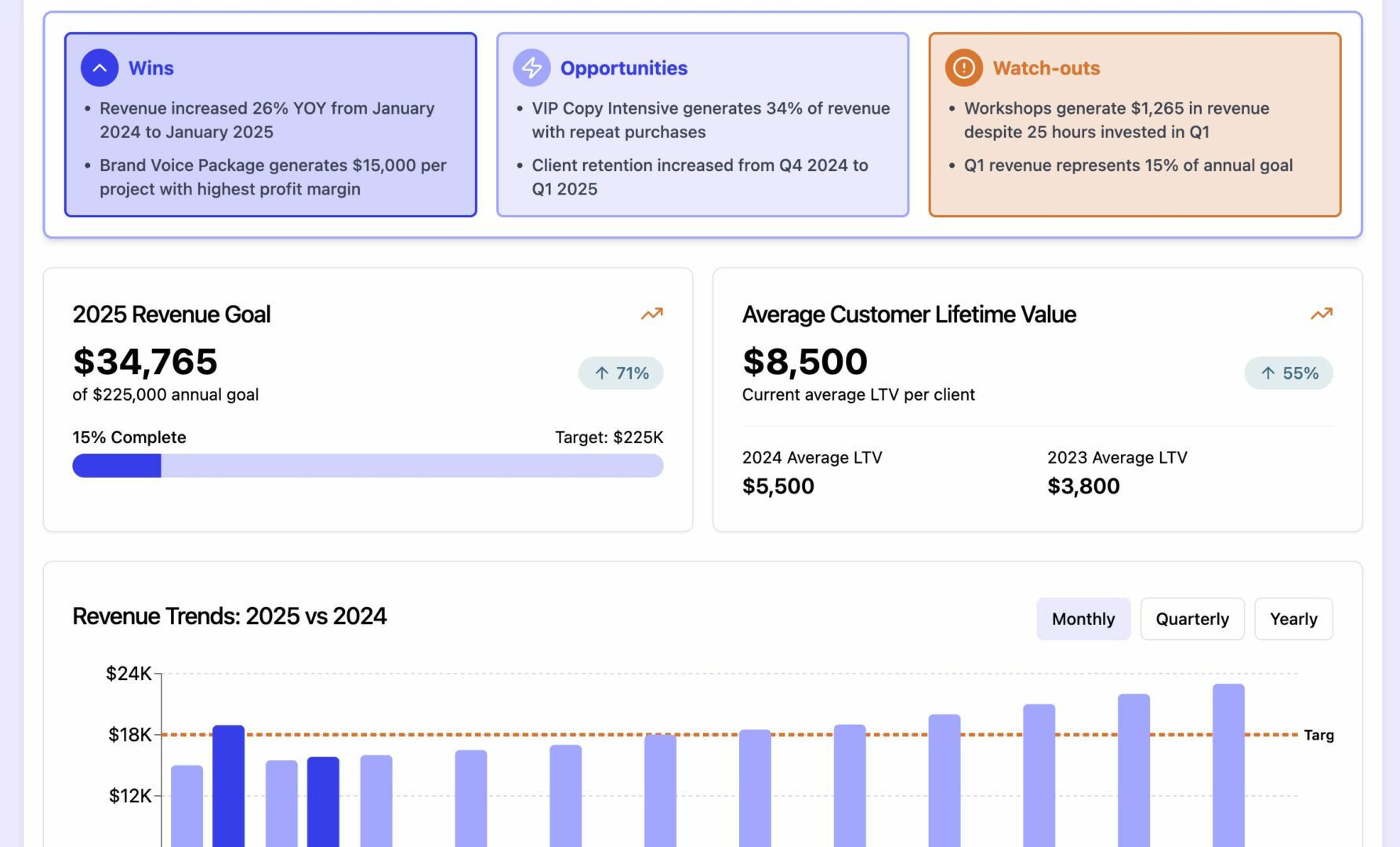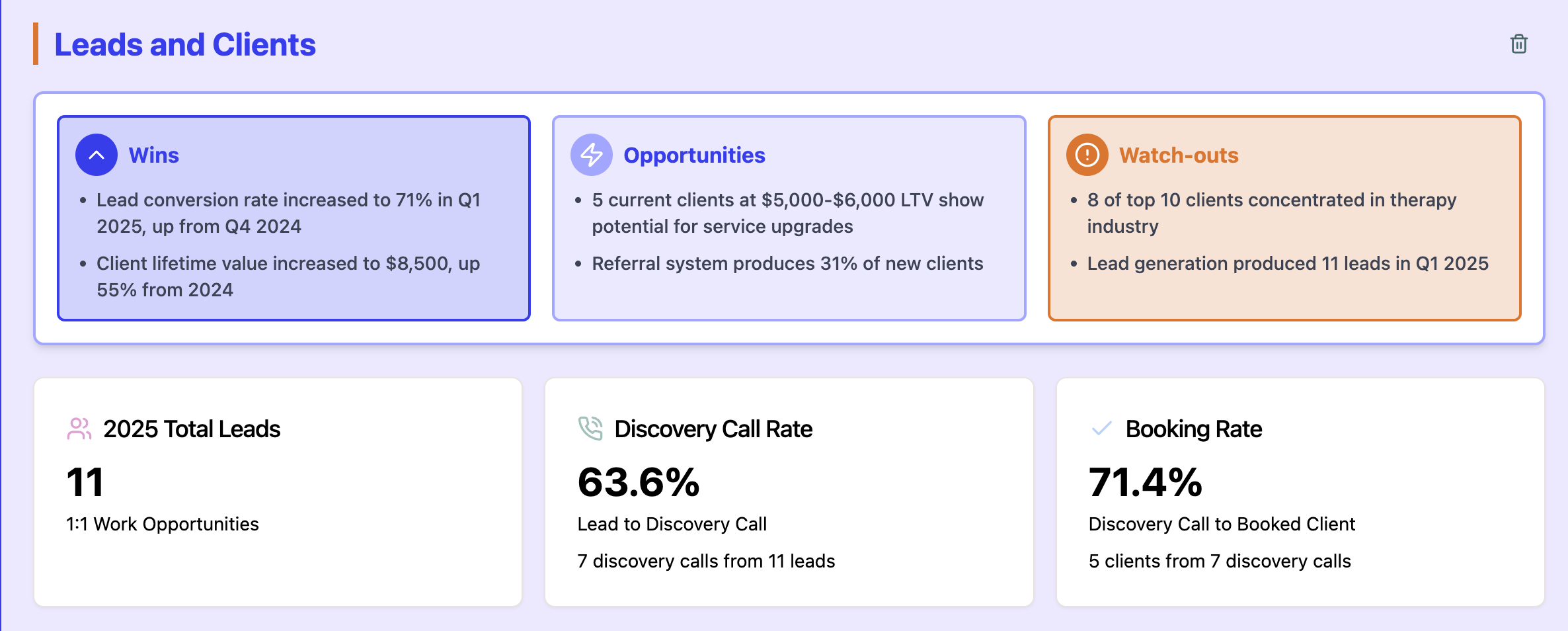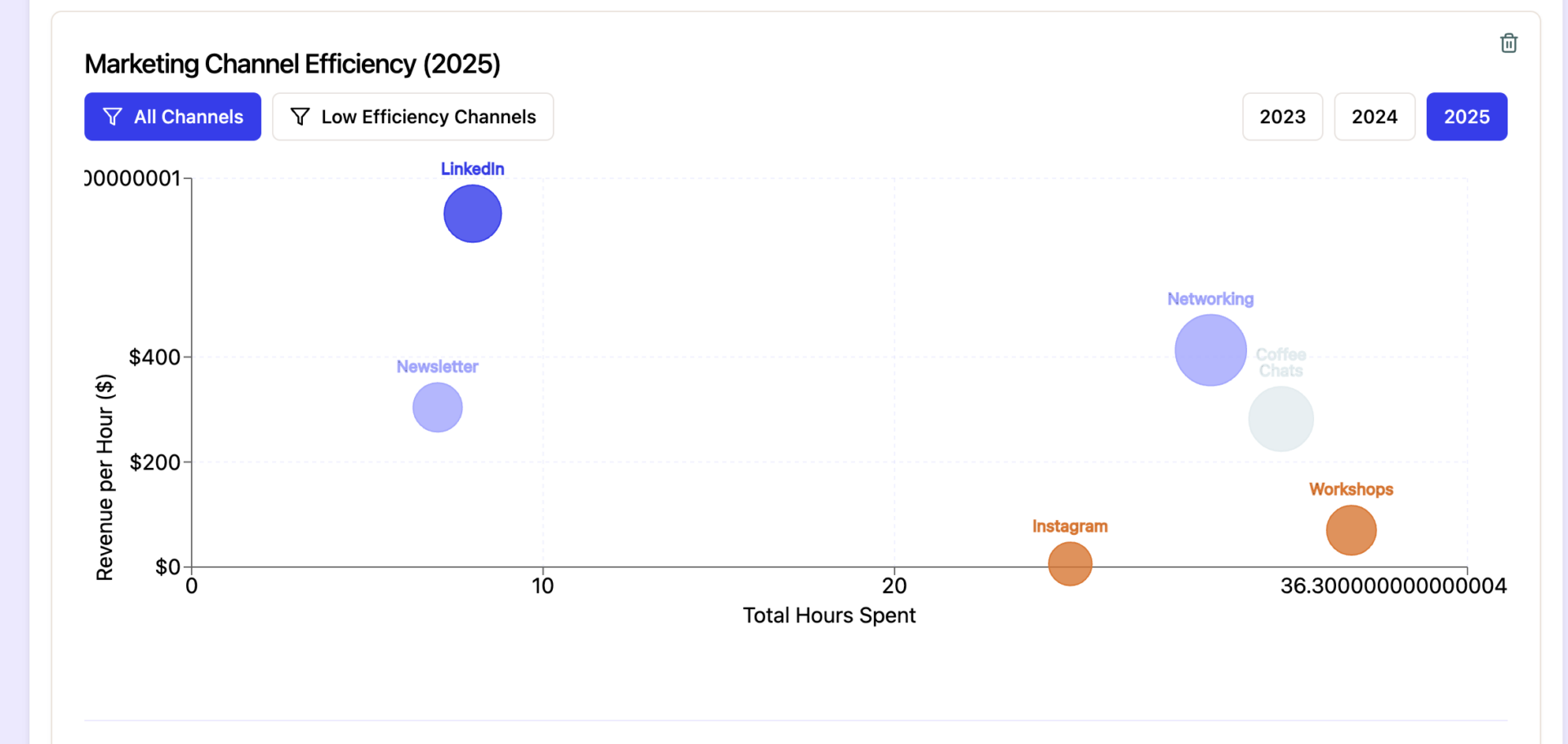Alright – so today we’ve got the honor of introducing you to Emylee Williams. We think you’ll enjoy our conversation, we’ve shared it below.
Hi Emylee, thank you so much for opening up with us about some important, but sometimes personal topics. One that really matters to us is overcoming Imposter Syndrome because we’ve seen how so many people are held back in life because of this and so we’d really appreciate hearing about how you overcame Imposter Syndrome.
Listen, I absolutely used the Dunning-Kruger effect to my advantage when I started my business 14 years ago – I didn’t know what I didn’t know, and that beautiful delusion let me just DO IT anyway. But here’s the thing about growth: eventually you do know better, and that gap between where you are and where you want to be can spark some serious imposter syndrome.
But you know what’s helped me push through? Just. Doing. It. Anyway. I remind myself that I only need to be 3-6 steps ahead of my clients to help lift them up, and that the next version will always be better. I’ve built my entire business on ‘failing out loud’ – sharing the journey, the small wins, the behind-the-scenes mess. Not only does it keep me motivated, but my audience and clients constantly tell me how refreshing it is to see success being built brick by brick, not overnight. Because that’s the real story, isn’t it?

Let’s take a small detour – maybe you can share a bit about yourself before we dive back into some of the other questions we had for you?
I help women-led micro agency founders transform their messy spreadsheets into visual dashboards that actually make sense, so they can finally see (and scale) their business with confidence. Through Creative’s Catalyst, I combine data visualization with Human Design principles to help lean teams uncover the revenue opportunities already hiding in their business – no more squinting at ugly spreadsheets, just crystal-clear insights that show exactly which levers to pull for growth.
What makes this special? I’m not your typical business strategist pushing the “hustle harder” narrative. After co-founding and running a multi-million dollar marketing company with a team of 27+, I realized success doesn’t have to come with a side of burnout and sky-high overhead. I rebuilt my business with 90% less overhead and 100% more joy, and now I’m showing other founders how to do the same.
My mission is to show founders who are secretly terrified of “scaling” that growing doesn’t require sacrificing their sanity or doubling their team size; it just requires clarity on what’s actually working and the confidence to double down on it. Using my Chase the Breadcrumbs Methodology™, I help creative agency owners turn their business data into strategic decisions that feel aligned, showing them exactly how to step into true leadership while keeping their business intentionally small but mighty.
Right now, I’m especially excited about Clarity Council, where I work with agency founders who are ready to evolve from service provider to strategic advisor. We dig into their data, uncover hidden opportunities, and create a clear path to scaling that doesn’t involve burning down what’s already working or burning out their team.
Looking back, what do you think were the three qualities, skills, or areas of knowledge that were most impactful in your journey? What advice do you have for folks who are early in their journey in terms of how they can best develop or improve on these?
1. Creative Problem-Solving: As an art school grad, I leverage my creative training daily – not for making pretty things, but for seeing patterns and solutions others miss. My art-trained brain helps me think outside the box and approach business challenges from unique angles. My advice? Find that unexpected element in your background that makes you an ASSET and dial ALL the way in on it.
2. Unapologetic Authenticity: Listen, I’ve been myself since day one – the business strategy nerd who literally gets paid to “yell business strategies” at people (how COOL is that?!). If I had tried masking my excitement or toning down my teaching style, I wouldn’t be working with my dream clients today. Here’s the thing: if we get to make up our own jobs and businesses, why would we create a brand that isn’t authentically US?
3. Data-Driven Decision Making: The game-changer? Understanding not just how to look at numbers, but how to actually make decisions from them. Data is neutral – it’s not good or bad, it’s just information waiting to be translated into action. If spreadsheets make your eyes cross, find someone (hey, it’s me!) who can help you visualize it in ways that actually make sense. Because knowing your numbers AND what to do about them? That’s where the magic happens.

We’ve all got limited resources, time, energy, focus etc – so if you had to choose between going all in on your strengths or working on areas where you aren’t as strong, what would you choose?
I’m a firm believer in going ALL IN on our strengths – but that doesn’t mean ignoring our weaknesses. It means being smart about how we handle them. Here’s the deal: you don’t need to become an expert at everything to run a successful business. That’s just a recipe for burnout and mediocrity.
Let me share a personal story: I spent YEARS avoiding numbers and data in my business. I’m talking full-on panic attack on the floor during a Zoom call with our bookkeeper level of avoidance. My solution? Let other people handle all the numbers and financial decisions. Spoiler alert: that backfired spectacularly when I found myself completely out of the loop and taken advantage of because I wasn’t engaged with my own data.
That wake-up call taught me something crucial: I didn’t need to become a spreadsheet wizard – I just needed to find MY way of understanding the numbers. Turns out, I’m a visual person. Give me charts and graphs instead of endless rows of numbers. Show me proactive forecasting instead of retroactive reports. Once I figured this out? Game changer. Now, I’ve rebuilt my entire business around helping other founders visualize their data in ways that actually make sense to them.
The point is, treat your weaknesses as signposts pointing to where you need support, not roadblocks meant to slow you down. If something isn’t your strength, you have options: outsource it, delegate it, automate it – or find a way to approach it that works for YOUR brain. The goal isn’t to become well-rounded by forcing yourself to do everything. The goal is to build a business that runs smoothly by leveraging your strengths and getting smart support (or creative solutions) for the rest.
Contact Info:
- Website: https://www.creativescatalyst.com
- Instagram: https://www.instagram.com/emyleesays
- Facebook: https://www.facebook.com/emyleesays
- Linkedin: https://www.linkedin.com/in/emyleewilliams/

Image Credits
Headshot: Beth Barbosa
Screenshots: my own
so if you or someone you know deserves recognition please let us know here.




